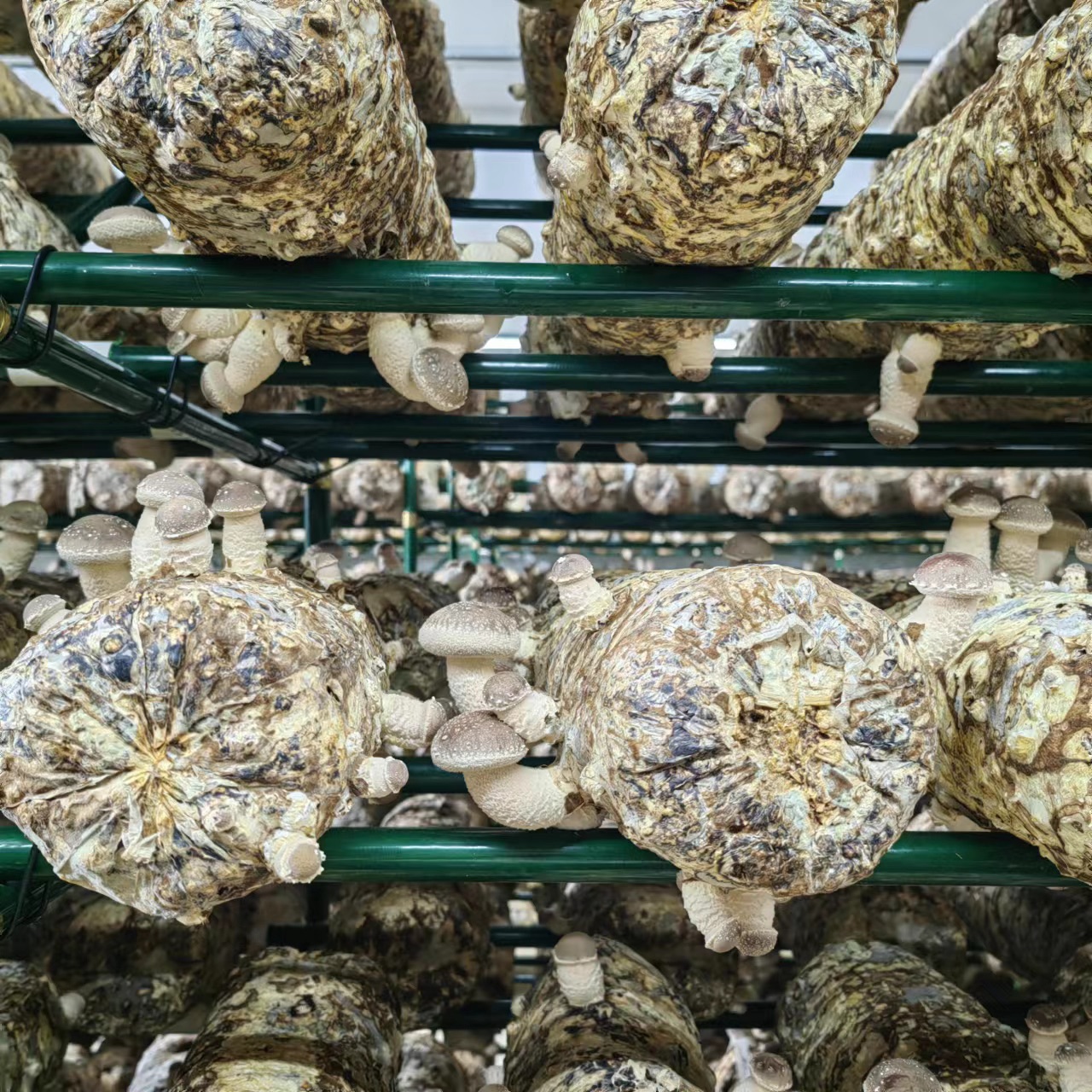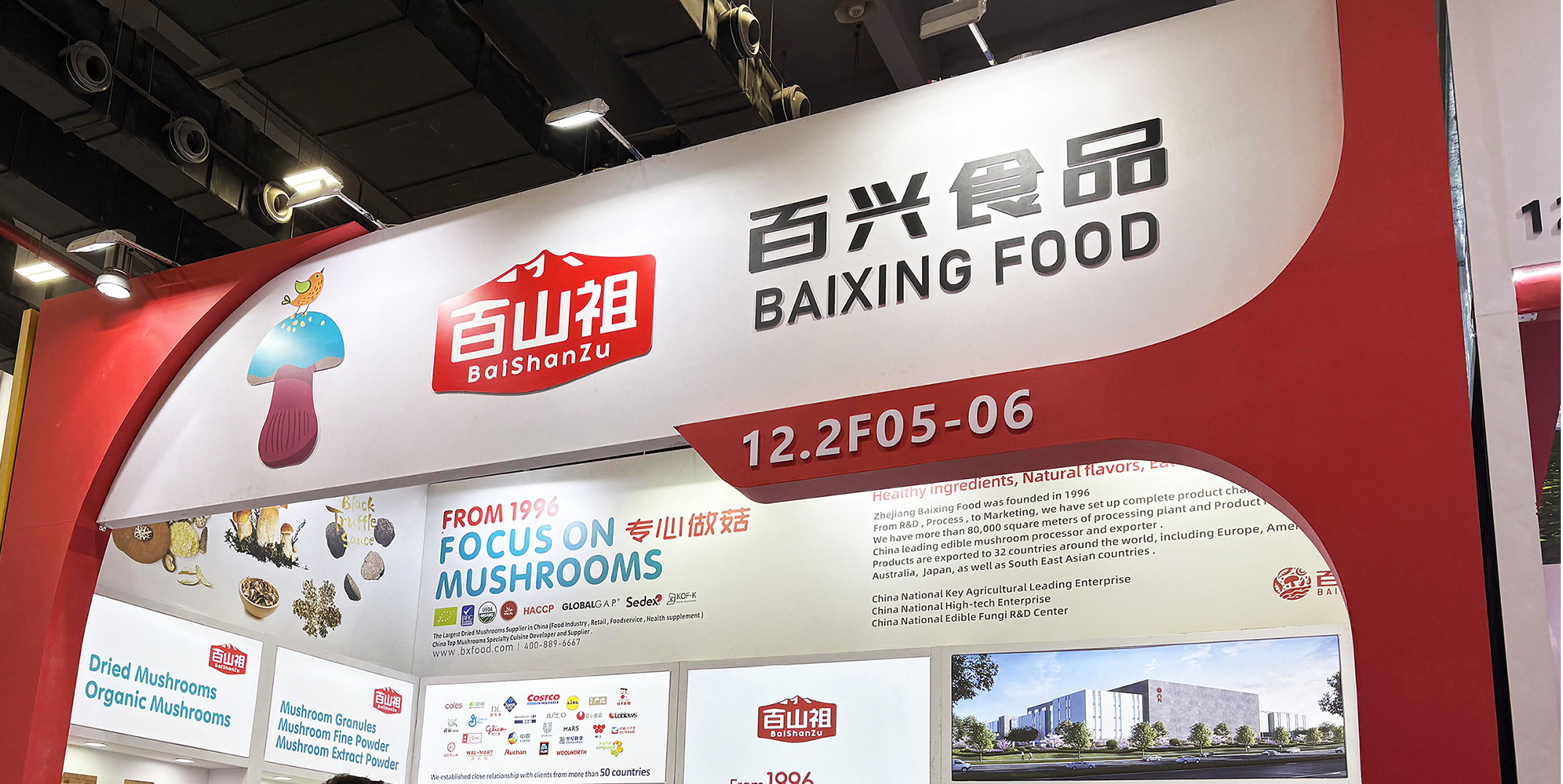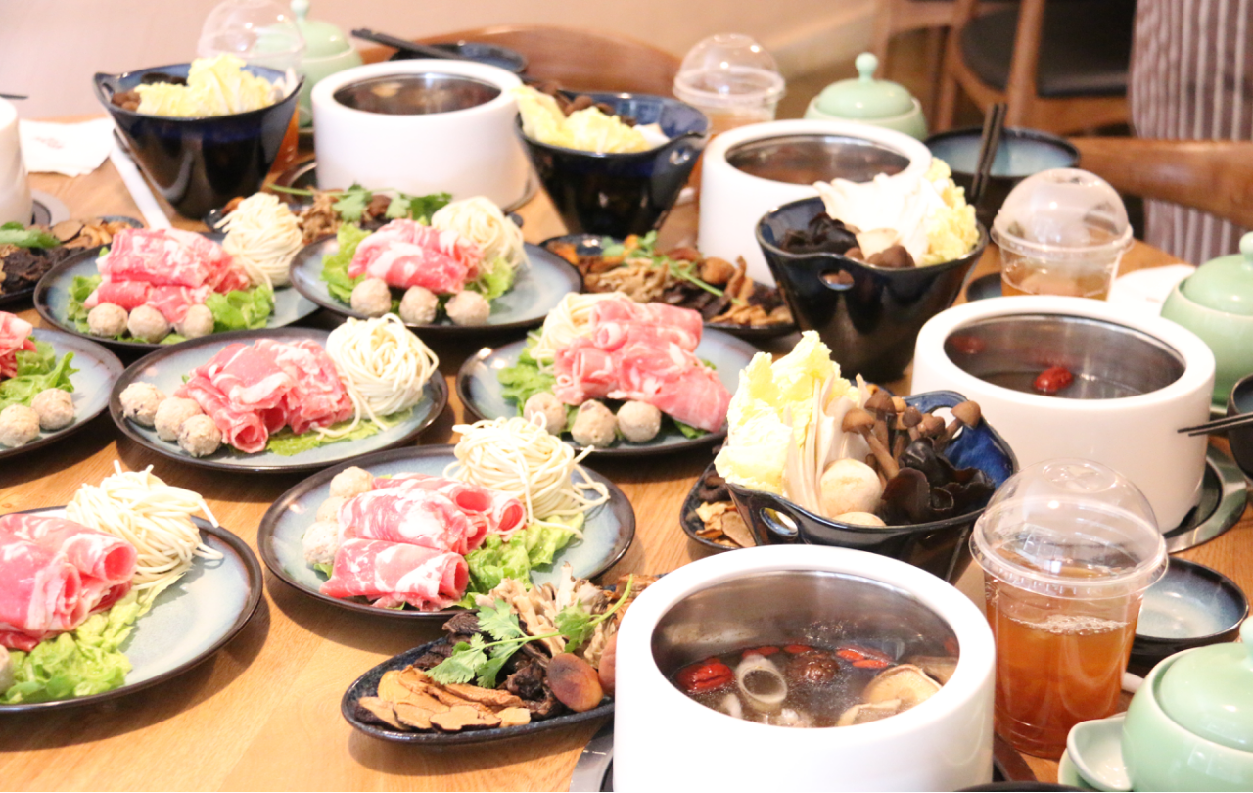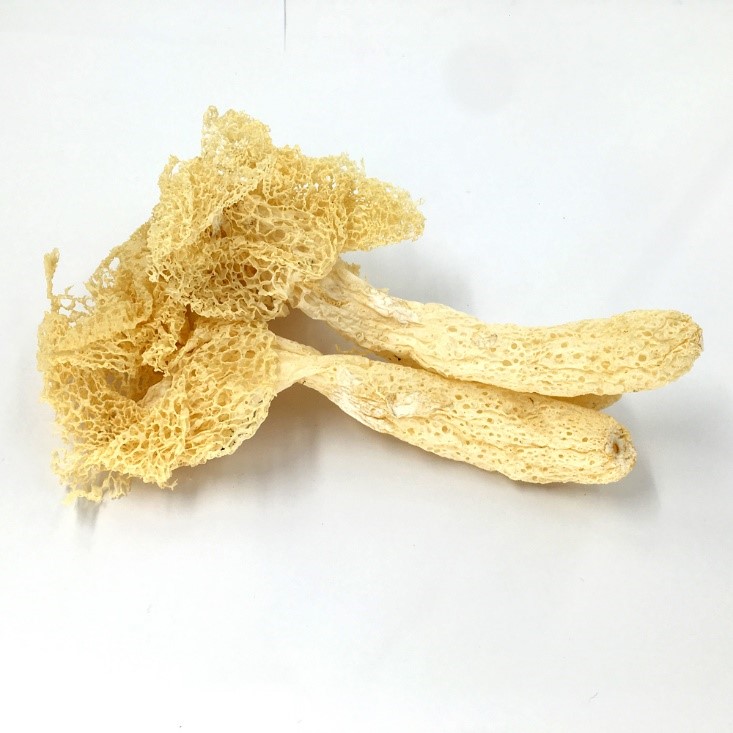1. Certifications and Compliance: The Foundation of Trust
A supplier’s adherence to industry certifications and food safety standards is non-negotiable. Prioritize partners with:
Global Food Safety Certifications: Look for HACCP, BRC, ISO 22000, or FDA compliance, which validate rigorous hygiene and traceability practices .Organic and Non-GMO Certifications: Ensure mushrooms are grown without synthetic pesticides or genetically modified substrates, aligning with clean-label consumer demands .
Sustainable Practices: Certifications like Global GAP demonstrate commitment to environmental stewardship and ethical sourcing .
Why It Matters: Certified suppliers reduce contamination risks (e.g., heavy metals, pesticides) and align with regulatory requirements, as highlighted in studies on chemical hazards in mushroom supply chains.
2. Quality Assurance and Traceability
A reliable supplier must offer transparent quality control systems:
Microbial and Chemical Testing: Regular testing for pathogens (e.g., E. coli), mycotoxins, and heavy metals (e.g., cadmium, lead) ensures compliance with safety thresholds .
Handling Protocols: Manual harvesting, temperature-controlled storage, and moisture-resistant packaging preserve freshness and nutrient retention .
3. Sustainable Cultivation Practices
Evaluate suppliers’ environmental impact through their farming methods:
Substrate Sourcing: Opt for growers using organic, low-impact substrates like oats or agricultural waste instead of deforestation-linked materials (e.g., hardwood logs) .
Energy Efficiency: Vertical farming, solar-powered facilities, and closed-loop water systems reduce carbon footprints .
4. Supply Chain Reliability and Flexibility
A supplier’s logistical capabilities determine operational continuity:
Cold Chain Expertise: Temperature-controlled logistics (2–4°C) extend shelf life by 30% and minimize post-harvest losses .
Scalability: Verify capacity to handle bulk orders without compromising quality—critical for manufacturers scaling plant-based product lines.
Global Compliance: Phytosanitary certifications and Incoterms flexibility (e.g., FOB, CIF) streamline international distribution .
5. Innovation and Customization
Leading suppliers invest in R&D to meet evolving market needs:
Functional Ingredients: Partner with suppliers offering bioactive mushroom powders (e.g., beta-glucan-rich extracts) for nutraceutical applications .
Custom Blends: Collaborate on tailored formulations, such as vitamin D-enhanced varieties or allergen-free mushroom-based proteins .
Eco-Packaging: Biodegradable or mushroom-based packaging solutions reduce plastic waste and resonate with eco-conscious consumers .
Conclusion: Building a Future-Proof Supply Chain
Choosing a mushroom supplier requires balancing technical rigor with strategic foresight. Prioritize partners who integrate certifications, sustainability, and innovation. By aligning with ethical, transparent suppliers, food manufacturers can mitigate risks, capture market opportunities, and meet the rising demand for safe, sustainable mushroom ingredients.
Ready to Partner with a Leader in Mushroom Solutions? Contact us today to explore how our vertically integrated supply chain, certified organic practices, and cutting-edge traceability systems can elevate your food manufacturing business.
References integrated from industry standards, sustainability frameworks, and supply chain analyses 







